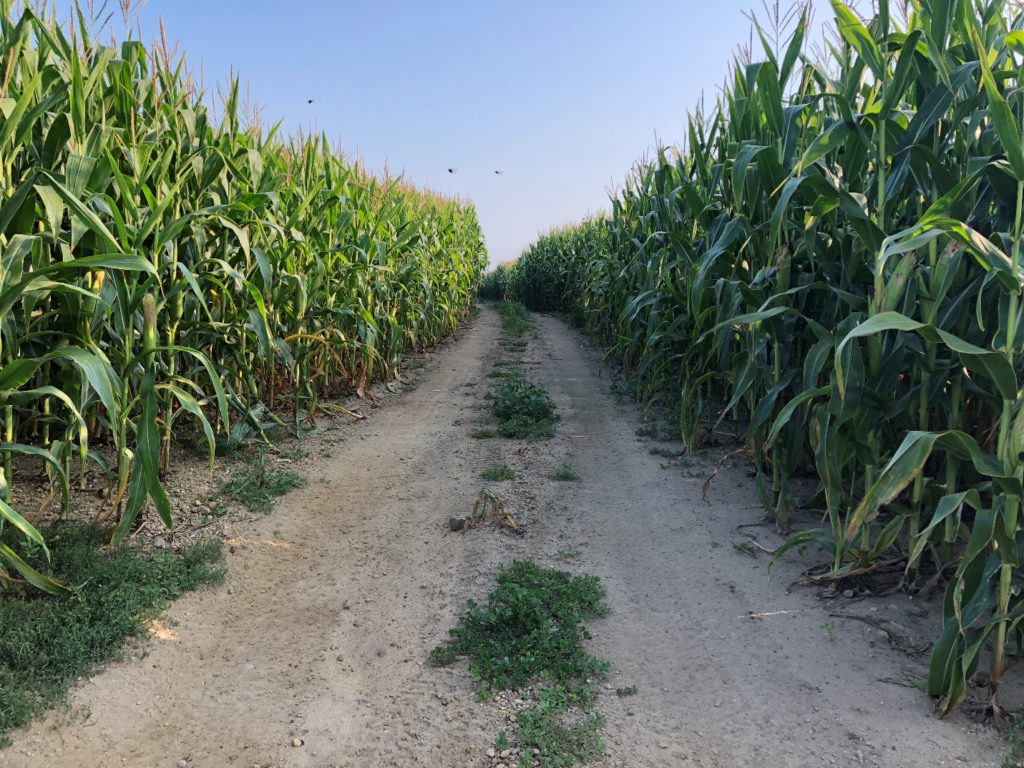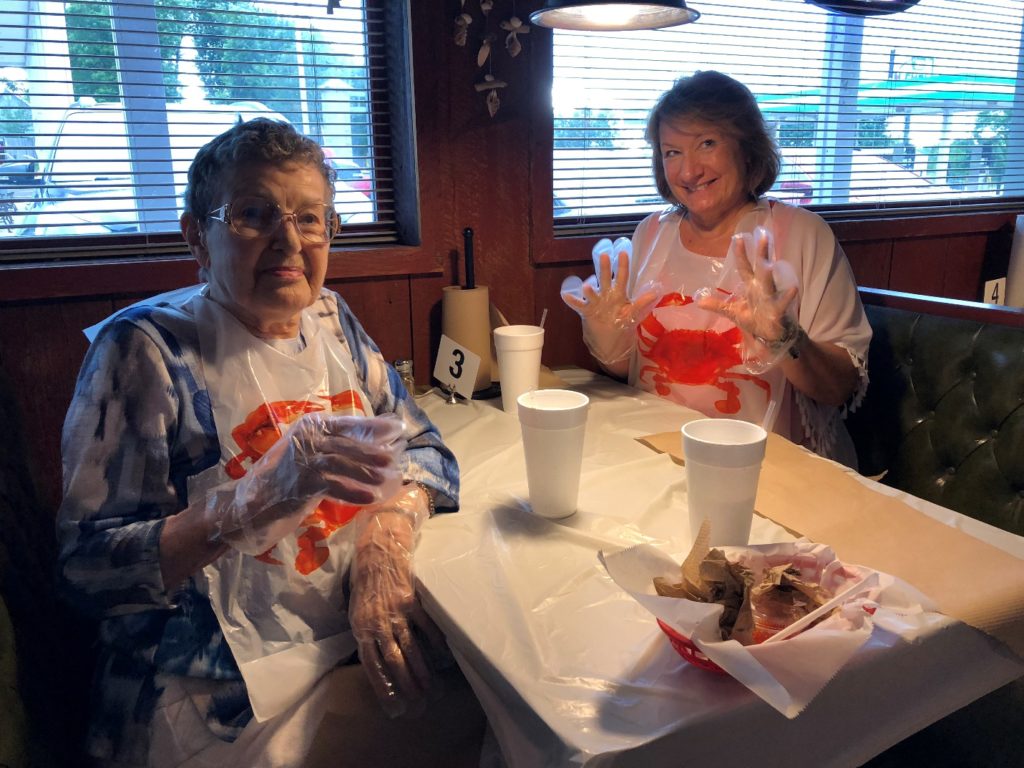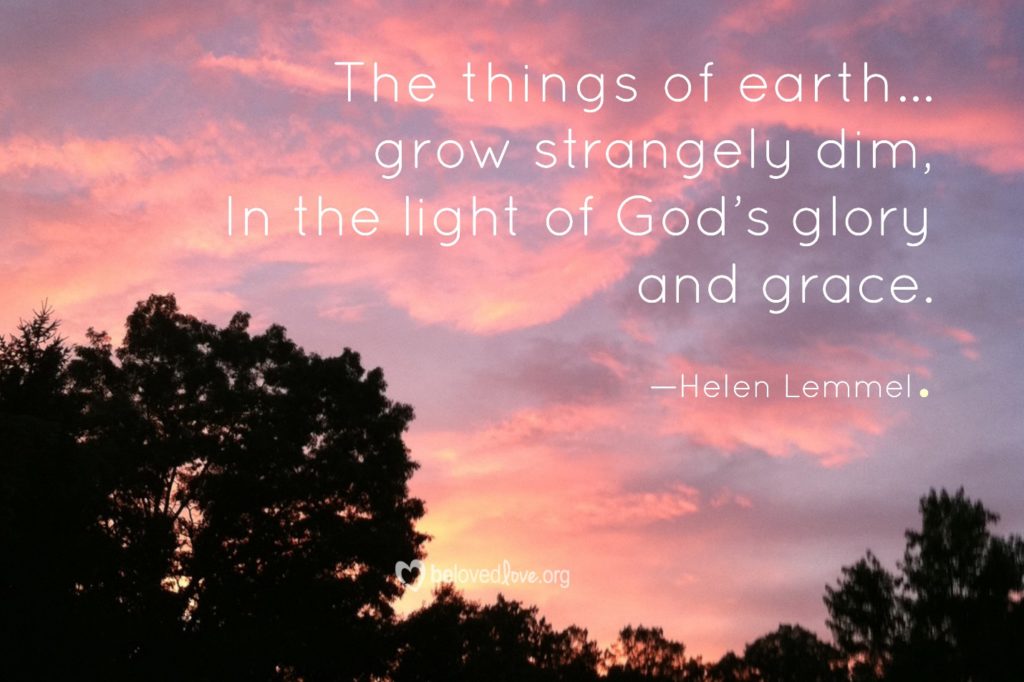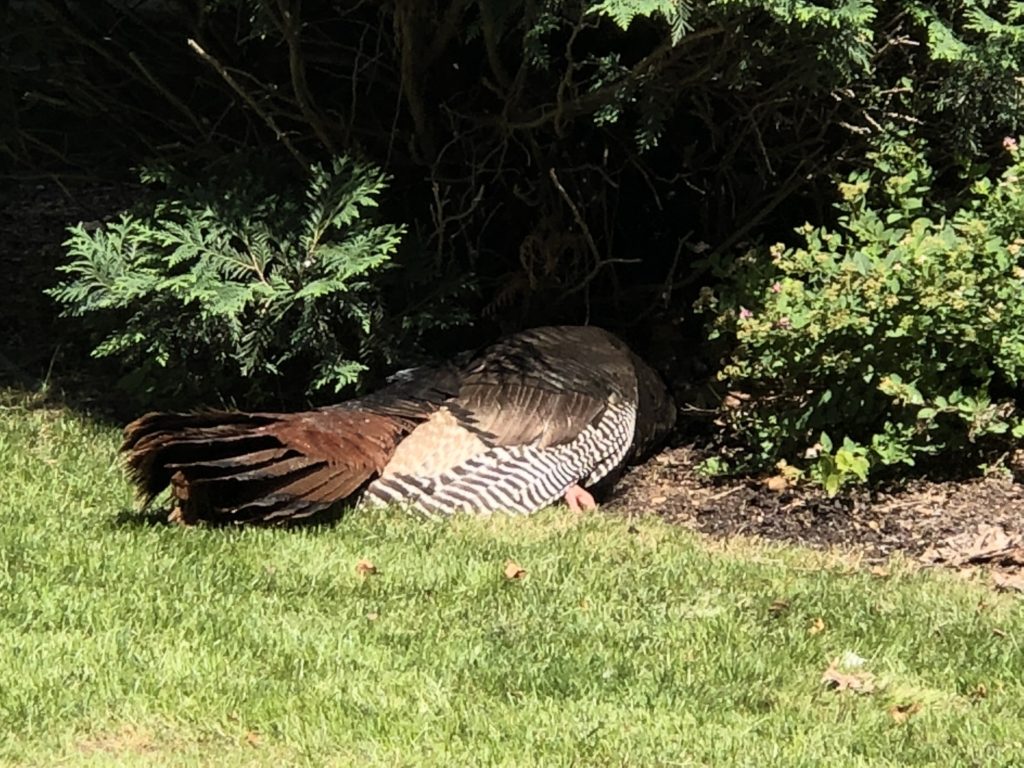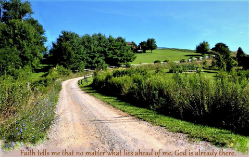 The Juicy Shrimp Shack
The Juicy Shrimp Shack
By Lydia Floren
There are not many restaurants in our small town (unless you count bars and fast food joints). With so little to choose from, any time a new place opens up we try to check it out. Recently one of my patients told me about a new eating establishment called The Juicy Shrimp Shack, so on my birthday I talked my husband and mother-in-law into trying it out.
The Juicy Shrimp Shack was brand new. It did not have any ratings on Trip Advisor or Zomato. It did, however, have a Facebook page. And a map with a link. So after the three of us piled in the car, I clicked on the link, programmed the GPS and we were on our way. We headed west on I-94 and, after about 15 miles, turned off at the stripper bar exit. (I am sure it has a name, but that’s what everyone around here calls it). The GPS said to turn north, so we turned, and started driving. Pretty soon, we were surrounded by farms and fields. It was beautiful – rolling hills, stately red barns, grazing cattle, and field after lush, green field. Sigh. There’s nothing like Wisconsin in the summertime.
But, it was late. And we were hungry.
I plugged the coordinates into the Google GPS instead of the Apple one. No change. So we kept going, but after a few more miles, I was really starting to get worried. Locating a restaurant in the middle of farmland didn’t seem like a wise business strategy to me. If the Juicy Shrimp Shack is this far out in the country, who would find it? And if no one ate there, would the food be fresh, or old? Would we get sick by eating it?
Finally the GPS said, “Turn right at the next intersection. Your destination is one mile ahead on the left. “
But turning right put us on a skinny dirt road lined with closely packed cornstalks.
I asked Andrew to stop. And to my husband’s credit, he didn’t say a word. I, again, accessed the Juicy Shrimp Shack’s web page from my cell phone (thank God for Verizon), but this time I looked up the actual address written on the page. When I entered that in to the GPS everything on the screen changed.
The GPS lady said “you are way the heck off base. What were you thinking?” Not really. She just droned, “REPROGRAMMING,” and told us to turn around and head back 10 miles to the I-94 exit, where we first got off.
And there it was, right next door to the girly place. (I’m not kidding.)
And it was awesome!!!
Reprogramming your GPS
I do have a point here. Maybe you have something – a career path, financial purchase, relationship, job – programmed into your life’s GPS. And, it seems right. To the best of your knowledge, you made a good decision. But, the further you get down the road in this project, or relationship, or field of study, the more things just don’t seem to be clicking. Something feels off. You are more and more hesitant to keep going forward.
Pay attention to that feeling. And don’t be afraid to take a big step back and reevaluate. Get more information. See what other options are out there. And then pray through the decision again. You may come to the same conclusion, or you may come to a different one.
And, even if you find yourself backtracking a good bit to get on a different road, don’t beat yourself up about it. Just remember: with God, no experience is wasted. God has used and will use every mile you travel to teach you things, and bless others along the way.
Time to regroup?
Is it time to regroup? No worries. Just stop. Thank God for where you are. And, where He is going to lead you next.
And before you get your life back in gear, take a moment to enjoy what’s right in front of you. Beautiful.




